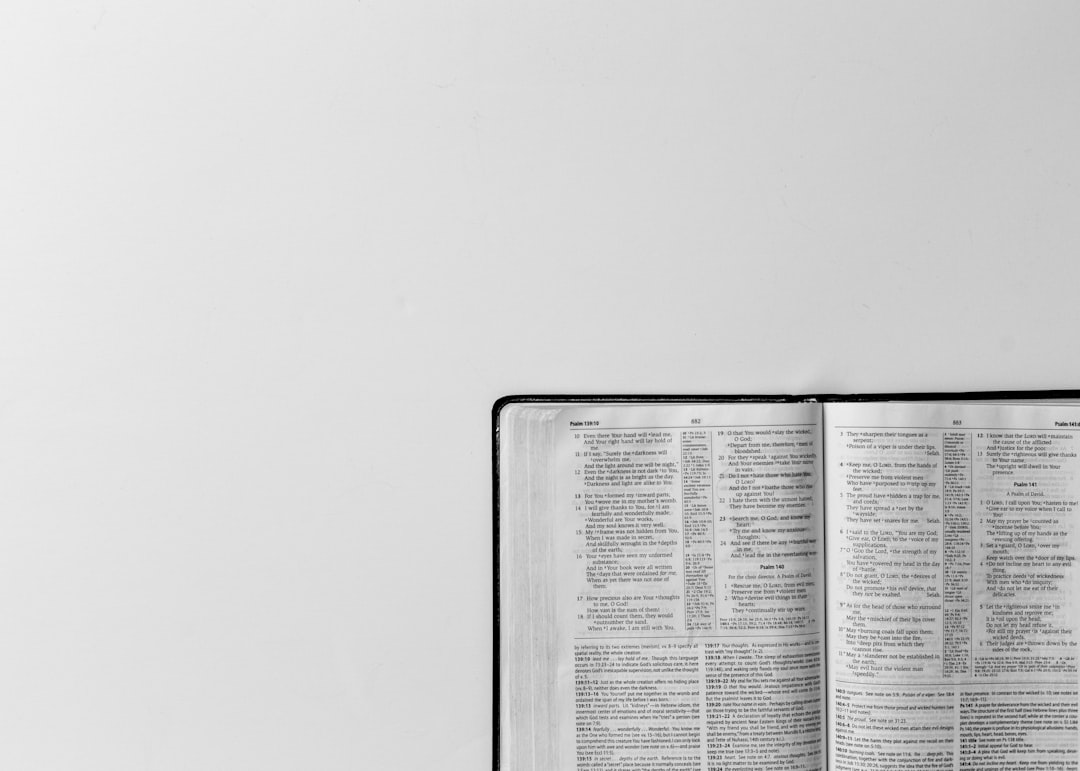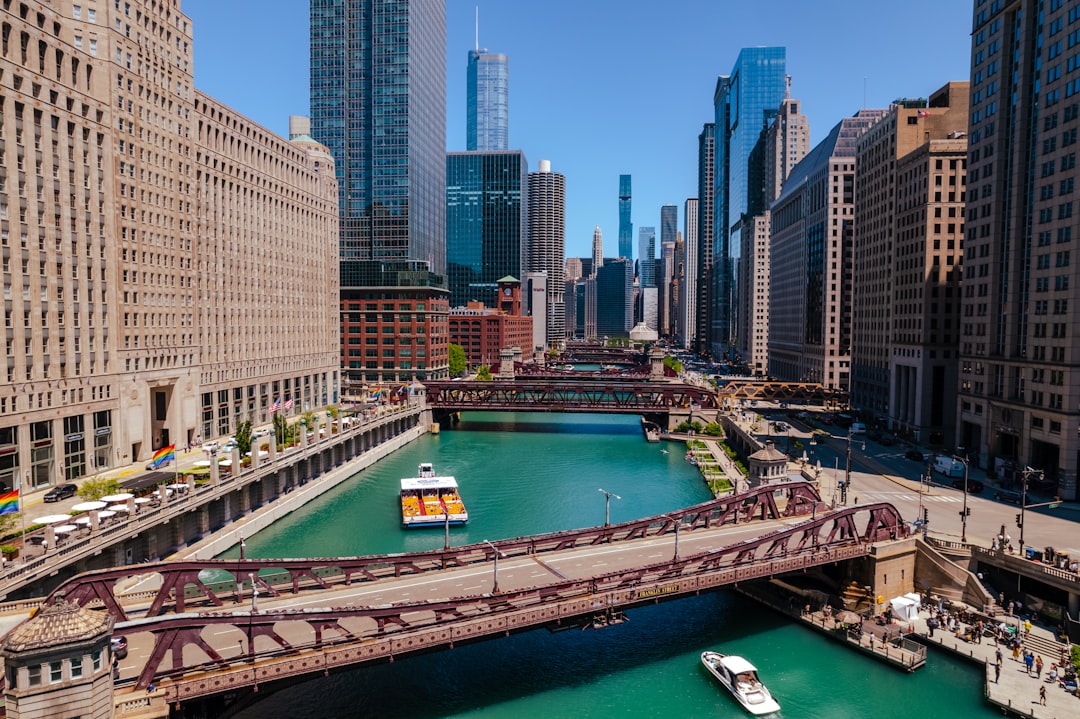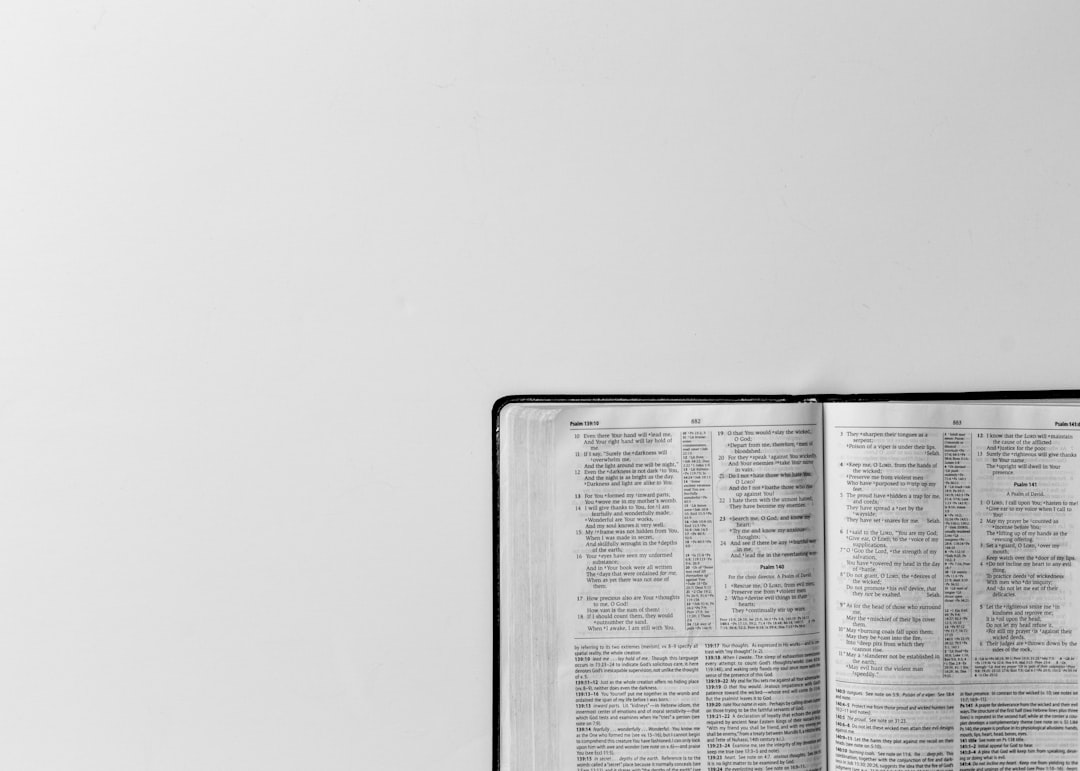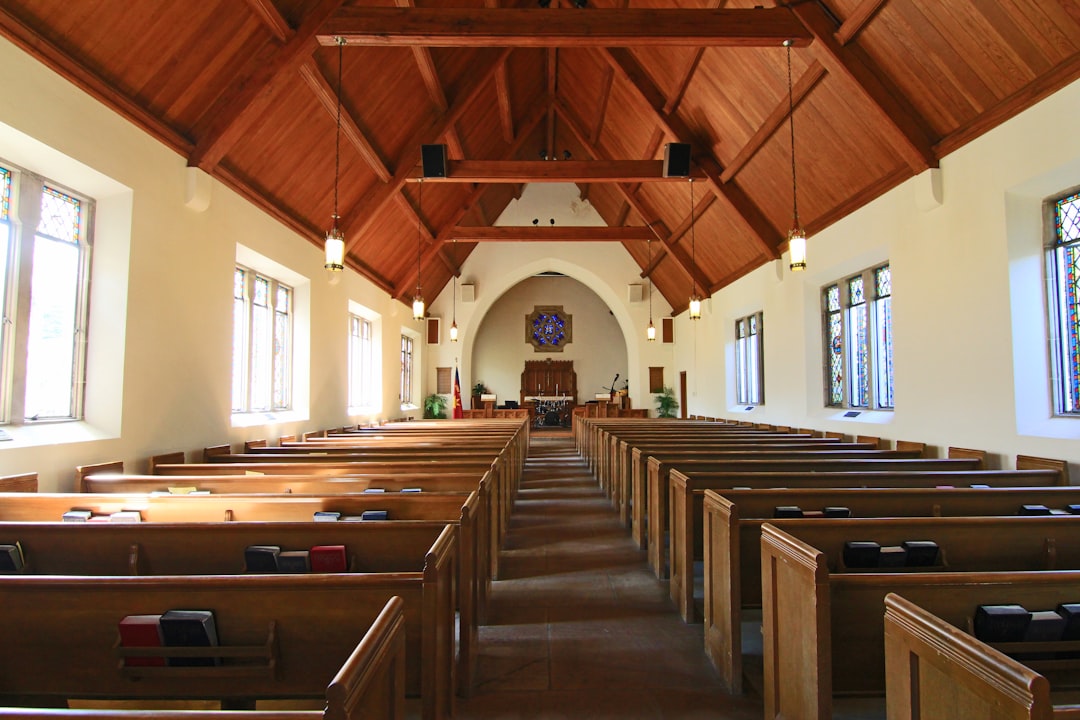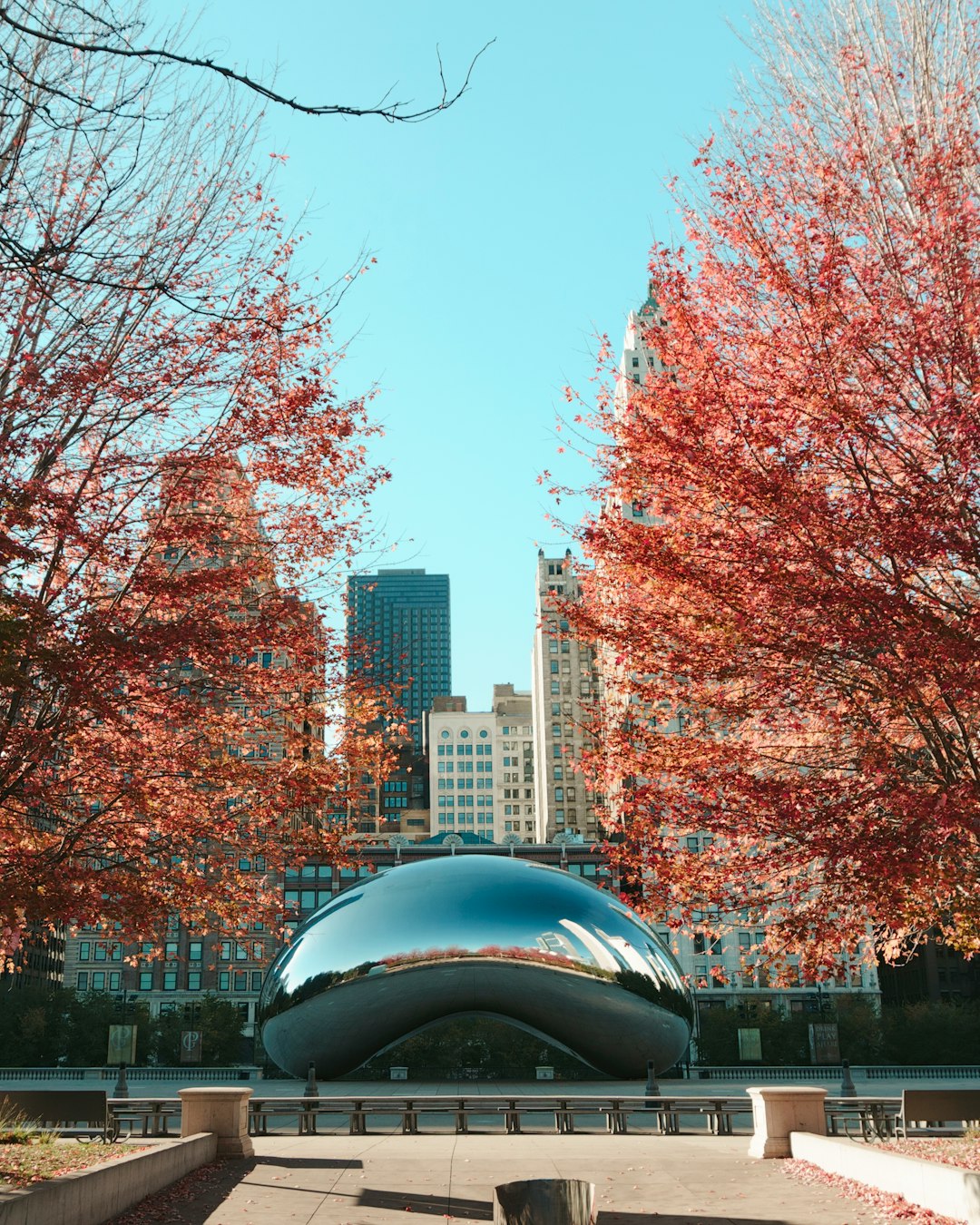Sexual assault by clergy within religious institutions is a serious issue in Illinois, requiring specialized legal advocacy. Victims often exhibit unusual behaviors and manipulation, creating a power dynamic that fosters silence. Clergy abuse attorneys in IL understand the state's strict sexual assault laws and church policies, handling cases through internal investigations, disciplinary actions, or mediation. To build a strong case, gather medical records, police reports, and digital evidence. Organizations support survivors with counseling, legal aid, and advocacy for policy changes to protect individuals from clergy abuse. For expert representation, connect with clergy abuse attorneys in Illinois.
“In recent years, the issue of clerical sexual assault has gained critical attention, especially with increasing awareness of patterns within religious institutions. This article serves as a comprehensive guide for survivors and those seeking justice in Illinois, focusing on clergy abuse cases. We explore the legal framework, from state regulations to church-specific policies, offering insights into building robust cases. Understanding red flags and recognizing abusive behavior is essential, along with knowing local support resources. For victims, this is a step towards healing and ensuring accountability.”
Understanding Clergy Abuse: Recognizing Patterns and Red Flags
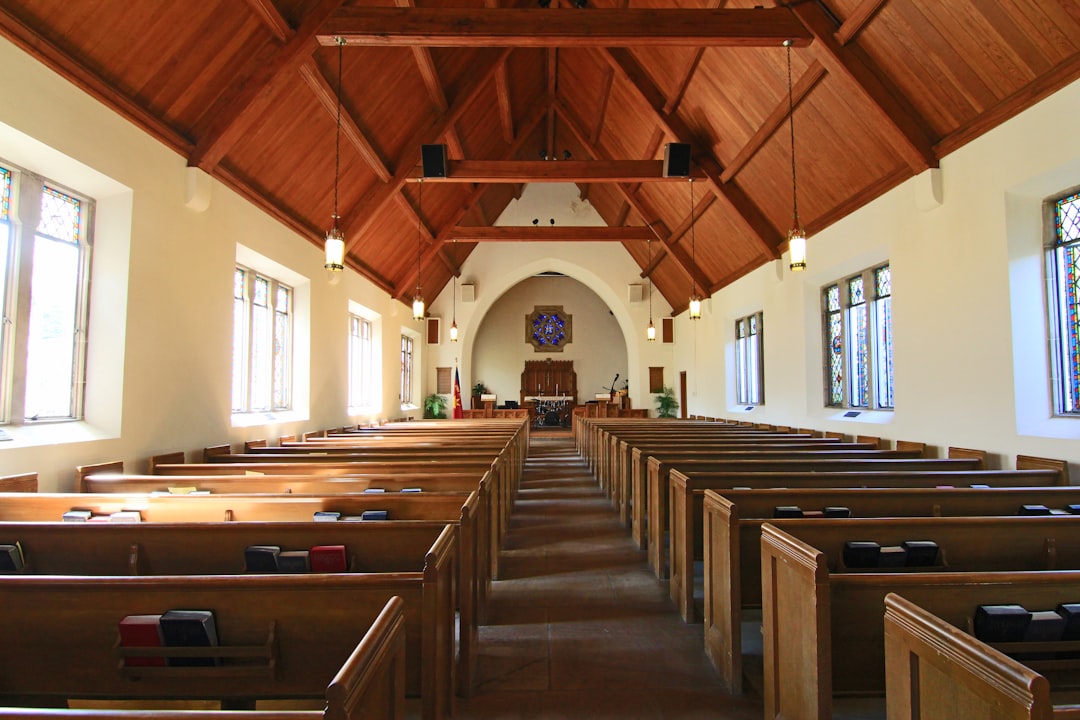
Sexual assault within religious institutions, particularly involving clergy, is a deeply concerning issue that requires meticulous understanding and legal advocacy. Many cases of clergy abuse share distinct patterns and red flags that can help victims identify and confront the situation. As a clergy abuse attorney in Illinois, it’s crucial to recognize these signs to support survivors effectively.
Common indicators include unusual behavior from the cleric, such as excessive solitude, secretiveness, or inappropriate physical contact with individuals, especially minors. Financial misconduct, manipulation, and coercion are also frequent factors. The power dynamic within religious organizations can make it challenging for victims to speak up, often leading to a culture of silence. By being vigilant about these patterns, clergy abuse attorneys in Illinois can empower survivors to break free from this cycle and seek the justice they deserve.
The Legal Framework: Illinois Laws and Regulations Against Sexual Assault

In Illinois, sexual assault is taken extremely seriously, with robust laws in place to protect victims and hold perpetrators accountable. The state has comprehensive regulations that address various forms of sexual misconduct, including abuse within religious institutions. When it comes to clergy abuse attorney Illinois cases, understanding these legal frameworks is paramount for seeking justice.
Illinois law defines sexual assault broadly, encompassing a range of actions from unwanted touching to forcible rape. The legislation also specifically addresses sexual abuse in institutional settings, recognizing that power dynamics and trust can make victims more vulnerable. This includes situations where clergy members or religious leaders exploit their positions to engage in non-consensual sexual activities with individuals under their care or authority. Such cases often require the expertise of specialized attorneys who understand both the legal complexities and the sensitive nature of these matters.
Navigating Church-Specific Policies and Procedures for Accusations
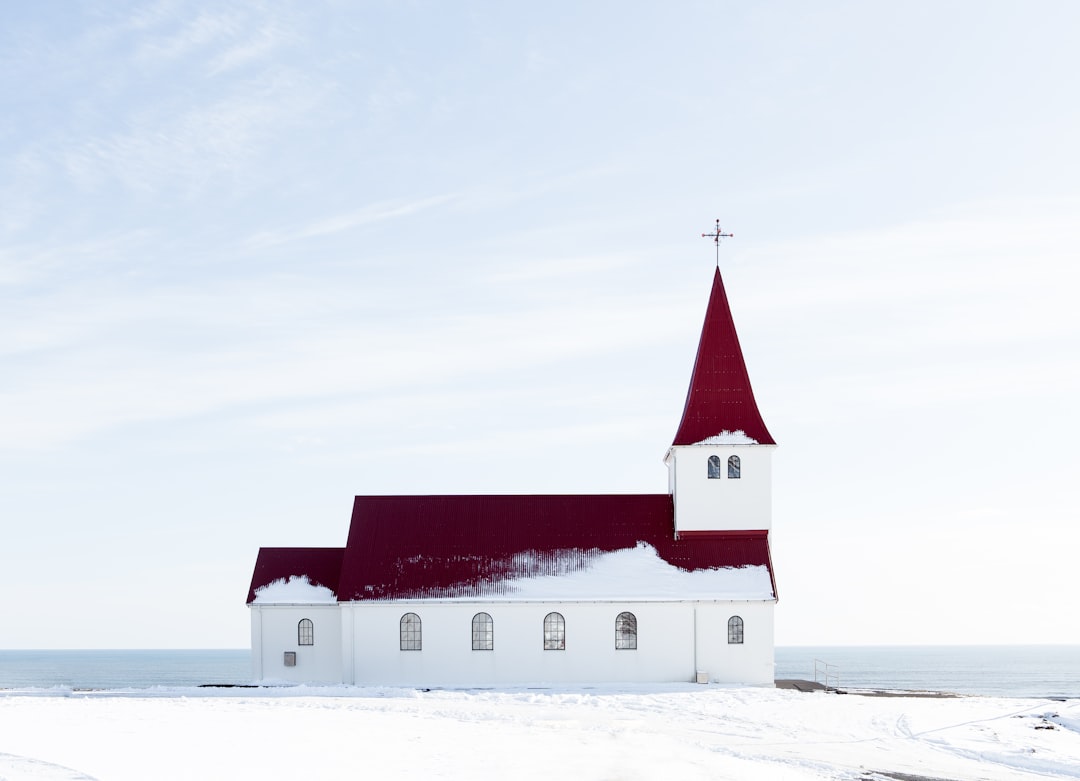
When dealing with allegations of sexual assault within a church setting, navigating the unique policies and procedures can be complex. In Illinois, where clergy abuse cases have gained significant attention, understanding the specific rules and protocols is crucial for both victims seeking justice and clergy abuse attorneys. Each church may have its own set of guidelines, from internal investigations to disciplinary actions, often influenced by religious doctrines and community norms.
A skilled clergy abuse attorney in Illinois will be well-versed in these nuances, ensuring that their clients’ rights are protected throughout the process. They understand that churches may have specific procedures for handling accusations, which could involve mediation, church tribunals, or even internal reconciliation as part of their response to such incidents. Awareness of these varying approaches is essential to effectively guide victims through the legal and spiritual aspects of seeking redress for clergy abuse.
Building a Strong Case: Evidence, Testimonies, and Legal Arguments

When building a strong case for a clergy abuse attorney in Illinois, evidence is paramount. This includes any and all documentation related to the incident(s), such as medical records, police reports, and written statements from witnesses or victims. Digital evidence, like emails or text messages, can also play a significant role. Testimonies from individuals who have knowledge of the case—be they victims, witnesses, or even experts in relevant fields—are equally crucial. These testimonies can provide firsthand accounts and reinforce the credibility of the case.
Legal arguments should be meticulously constructed, drawing on both state and church laws regarding sexual assault and clergy abuse. A skilled clergy abuse attorney in Illinois will leverage these legal frameworks to challenge the defense’s position and ensure that every angle of the case is explored. By combining robust evidence with compelling legal arguments, a strong case can be built to seek justice for victims and hold accountable those who have committed such offenses within the church.
Support and Resources for Survivors: Local and National Organizations
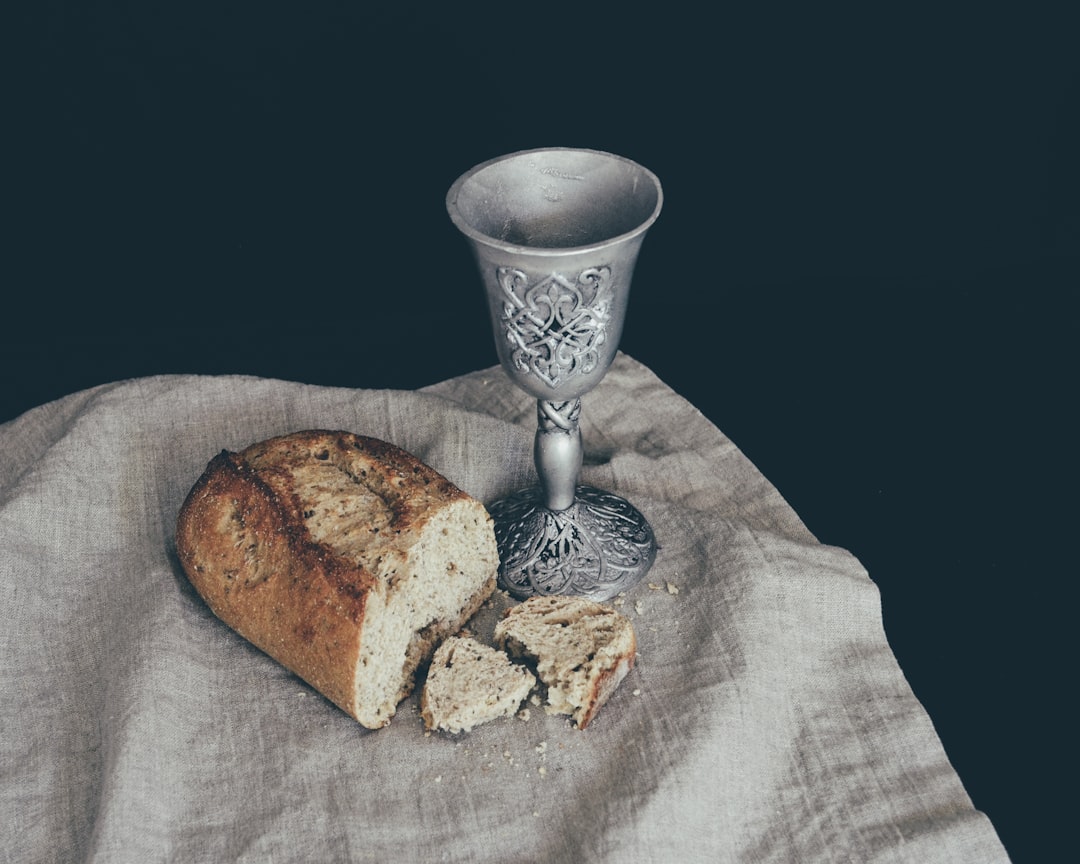
Many survivors of sexual assault within a church setting find solace and support through dedicated local and national organizations. These groups offer critical resources, including counseling services, legal aid, and safe spaces for individuals who have experienced clergy abuse in Illinois or anywhere else. Local chapters of national non-profits often provide immediate assistance, helping survivors navigate the emotional aftermath and understand their legal rights. They connect victims with specialized attorneys focused on clergy abuse cases, ensuring they receive expert representation.
National organizations offer a broader perspective and network, providing resources for long-term healing and recovery. Their websites serve as hubs for information, sharing stories of resilience and offering guidance on finding local support. These networks also advocate for policy changes to better protect individuals from sexual assault within religious institutions, including holding accountable those who perpetrate such crimes.
